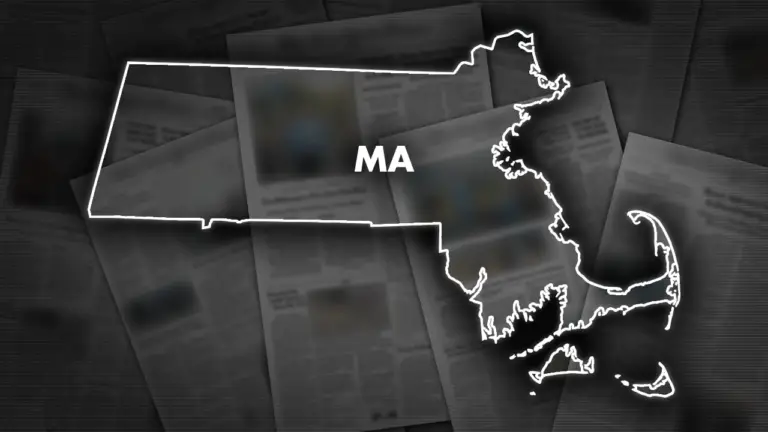Former Pizzeria Owner Gets Jail Time for Misusing Pandemic Relief Funds to Buy Alpaca Farm
A former pizzeria owner’s actions have led to a two-year prison sentence after he misused over $660,000 in pandemic relief funds to purchase an alpaca farm.
In 2020, Dana McIntyre, 59, from Grafton, Vermont, dishonestly applied for a Paycheck Protection Program (PPP) loan, according to prosecutors. He exaggerated details about his pizzeria’s workforce and payroll expenses, and even falsified a tax form to qualify for a larger loan amount.
After securing the loan, McIntyre, who had previously operated in Massachusetts, sold his pizzeria and invested the majority of the funds into buying an alpaca farm in Vermont. Additionally, he acquired eight alpacas, two vehicles, and funded a weekly radio show focused on cryptocurrencies that he hosted.
Cracking Down on Pandemic Relief Fraud
The incident highlights the broader issue of pandemic relief fund misuse. A new bill aimed at preventing such fraud has been introduced by GOP lawmakers, addressing what some have called the “greatest heist of American taxpayer dollars in history.”
McIntyre, who was arrested in 2021, received his sentencing recently. “Dana McIntyre took advantage of a national crisis and embezzled hundreds of thousands of dollars from funds intended to aid struggling businesses. He used the money to purchase a farm, stock it with alpacas, and start anew in Vermont,” stated Jodi Cohen, Special Agent in Charge of the Federal Bureau of Investigation, Boston Division.
Accountability and Restitution
At his sentencing, McIntyre was not only handed a prison term but also ordered to repay the misused funds. In April, he had already pleaded guilty to four counts of wire fraud and three counts of money laundering.
His legal representatives had requested a one-year prison sentence, citing McIntyre’s role as a single father of two and the challenging financial state of his pizzeria even before the pandemic. They emphasized how he succumbed to the prevailing fear and uncertainty of the times.
As legal actions continue to target individuals who misused pandemic relief funds, the case serves as a reminder of the importance of using such funds responsibly and ethically, ensuring they reach the intended recipients.

